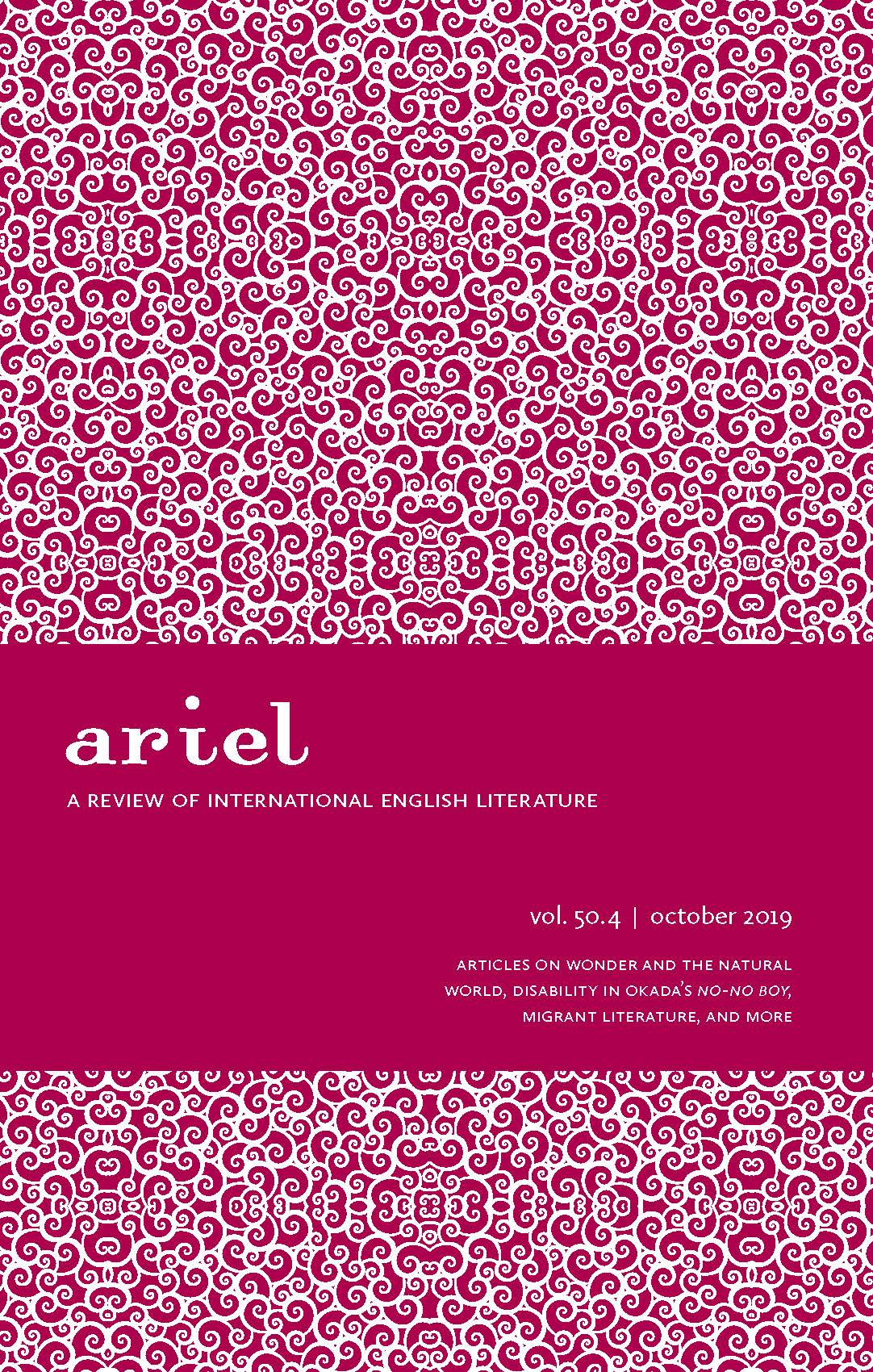The National Body: Gender, Race, and Disability in John Okada’s No-No Boy
Keywords:
John Okada, disability, body, Japanese American internment, Asian American literatureAbstract
This article first explores the dis/abled characters in pairs: how their bodies and minds are besieged by a diffuse invasion of ableist ideologies and how an inclusion to the ableist body politic sacrifices racial affinities between first-generation Issei and second-generation Nisei. Next, while Ichiro’s journey of redemption or rehabilitation climaxes a tragic and, yet, hopeful ending, this hope, I argue, resides in ableist prerequisites and a prosthesis of the “temporal loop” (between an idealized past and a promising future). John Okada’s No-No Boy ultimately ends up as a submission rather than a challenge to structural ablenationalism since Ichiro (or, rather, the writer) insists on the ableist myth of wholeness and does not recognize that we are always already disabled and so does the big American Other that suffers from the same split and disability. We could instead view disability not as the contingent barrier or the effect of a norm, but as necessary and internal to both the self and the Other. Disability is constitutive of the subject in the radical sense that the subject does not pre-exist its disability, but emerges through it. When we re-orient ourselves to the ontological truth that disability is as an internal and pre-existent division, we deprive disability of libidinal investment and create the possibility of the subject’s disinvestment from ableist culture.


